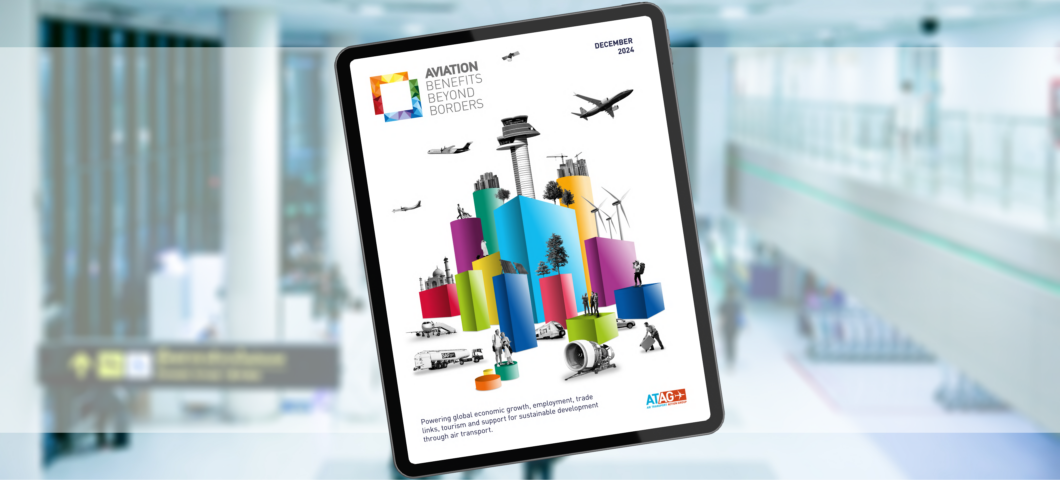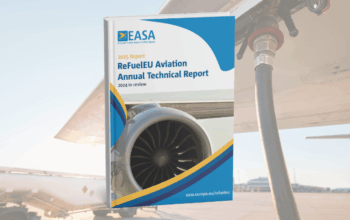
Air Transport Action Group celebrates 80 years of Chicago Convention with the release of its cornerstone Aviation Benefits Beyond Borders Report
On 5 December 2024, the Air Transport Action Group (ATAG) unveiled its latest “Aviation: Benefits Beyond Borders” report during the 80th anniversary celebration of the Chicago Convention in Chicago.
Since the Chicago Convention’s inception in 1944, aviation has facilitated over 98 billion passenger journeys. In 2023 alone, 4.4 billion passengers were transported on 35.3 million commercial flights. The sector supports 86.5 million jobs worldwide and contributes $4.1 trillion to the global economy, accounting for 3.9% of the global gross domestic product (GDP).
Key insights from the report include:
- Employment impact: Aviation directly provides 11.6 million jobs, with an additional 20.4 million jobs indirectly supported. The spending by aviation employees induces 17.2 million jobs, and tourism facilitated by aviation supports 37.3 million jobs.
- Economic significance: If considered a country, aviation’s direct economic contribution would rank it as the 20th largest globally.
- Operational scale: In 2023, airlines operated 8.17 trillion revenue passenger kilometers, serving 4,072 commercial airports with a fleet of over 29,000 aircraft across 67,300 global routes.
- Cargo transport: The aviation sector moved approximately 61.4 million tonnes of cargo in 2023, representing $8 trillion or 33% of world trade by value, highlighting its critical role in global supply chains.
Looking ahead, projections indicate that by 2043, aviation could support 135.4 million jobs and contribute $8.5 trillion to the global economy.
The report also addresses the industry’s commitment to achieving net zero carbon emissions by 2050. In 2023, the aviation sector used 500,000 tonnes of Sustainable Aviation Fuels (SAF), doubling the amount from the previous year. These fuels can reduce CO₂ emissions by up to 80% over their lifecycle compared to conventional fuels. To meet the net-zero target, the industry will require approximately 490 million tonnes of SAF annually by 2050, necessitating an estimated $1.5 trillion in capital investments over the next three decades. Additionally, the civil aerospace sector invests $15 billion annually in research to enhance efficiency and develop new technologies aimed at further reducing emissions.
The “Aviation: Benefits Beyond Borders” report was prepared by ATAG in collaboration with its member organizations, including ACI, and is based on extensive research by Oxford Economics, and can be downloaded here.



